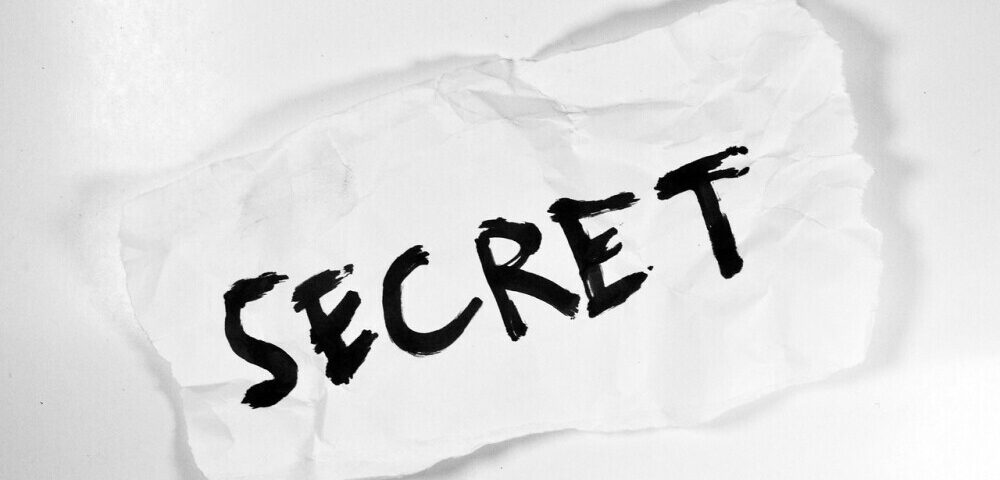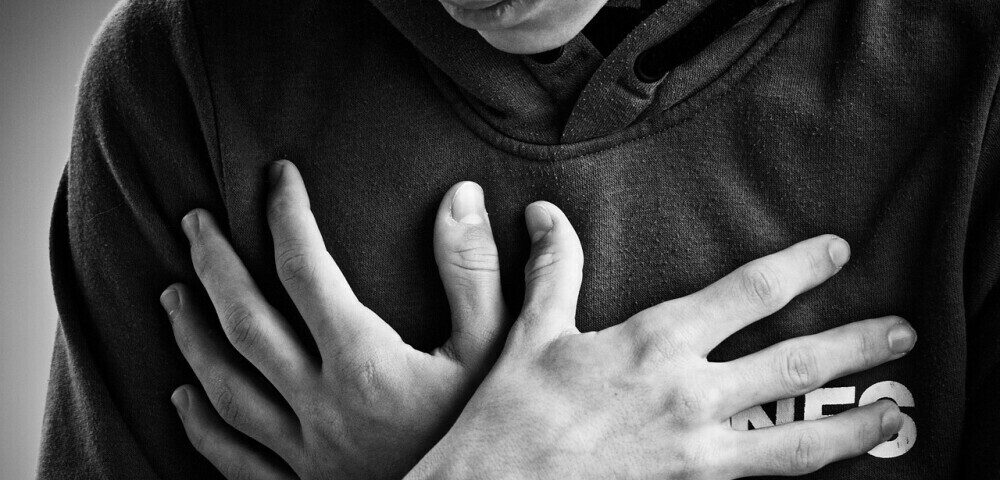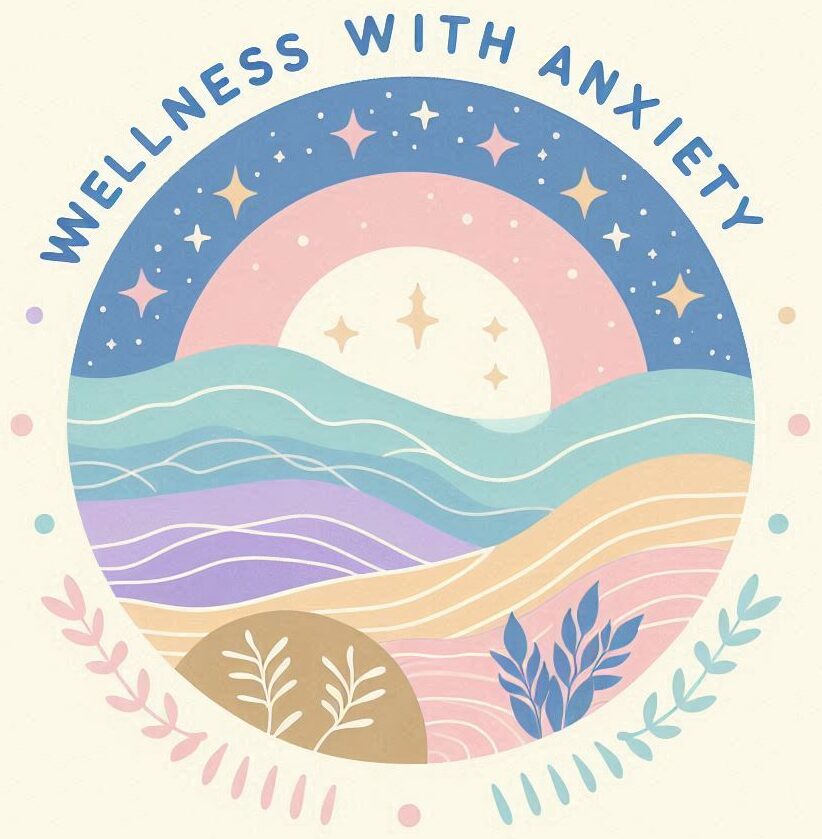 You might think anxiety is all about racing thoughts or worry, but it can sneak up in some pretty surprising physical ways too. Imagine feeling dizzy or having a constant headache that just won’t quit. Or maybe it’s that nagging jaw pain you thought was just from grinding teeth at night. Yup, anxiety can be the culprit! Anxiety has a funny way of showing up in your body.
You might think anxiety is all about racing thoughts or worry, but it can sneak up in some pretty surprising physical ways too. Imagine feeling dizzy or having a constant headache that just won’t quit. Or maybe it’s that nagging jaw pain you thought was just from grinding teeth at night. Yup, anxiety can be the culprit! Anxiety has a funny way of showing up in your body.
Ever get those unexplained muscle aches or feel like your skin is itching for no reason?
Your body is trying to tell you something, and in many cases, it’s struggling with anxiety. The connection between your mind and body is strong, and what you’re going through mentally can very well find its way into how you physically feel.
Now, onto the question you’ve probably been wondering: Can anxiety cause unusual physical symptoms?
Absolutely!
The list can be pretty lengthy—everything from stomach troubles to the more serious stuff like chest pain. What’s wild is that these symptoms can feel so real, making you worry even more. It’s like a cycle that feeds itself, making your anxiety even worse.
Understanding these symptoms can be the first step in breaking that cycle. Recognizing that what you’re feeling in your body might be tied to anxiety helps take away some of that fear. Plus, it kind of gives you your power back. Knowing what’s up can help you feel more in control and ready to tackle these challenges.
Pro tip: If you find yourself with odd symptoms and suspect anxiety is to blame, try to catch your breath and focus on grounding techniques. Deep breathing or even journaling can sometimes clear things up—mindfulness really does the trick. And don’t forget, seeking advice from a healthcare professional can always provide that extra layer of reassurance.
The Unseen Mask: Facial Signs of Anxiety
 When it comes to anxiety, sometimes your face is the first to give it away. Even if you’re feeling cool and collected inside, your face might be sending out signals you didn’t even know about. Hyper-awareness of these signs can sometimes just pile on the anxiety, but understanding them offers a chance to better manage how anxiety impacts your daily interactions.
When it comes to anxiety, sometimes your face is the first to give it away. Even if you’re feeling cool and collected inside, your face might be sending out signals you didn’t even know about. Hyper-awareness of these signs can sometimes just pile on the anxiety, but understanding them offers a chance to better manage how anxiety impacts your daily interactions.
Your Face Says it All
Facial expressions are a part of our nonverbal communication arsenal, spilling more secrets than we might like. From furrowed brows to an ever-present tension in your jaw, anxiety can subtly alter your facial expressions.
Have you ever noticed someone with a slight tremor around their mouth when they’re stressed? Or their eyes, which might dart around or seem overly wide? These common expressions can be hints at one’s underlying anxiety.
Facial Tension
One aspect of anxiety is also the tendency for your facial muscles to tense up—sometimes manifesting as repetitive facial movements like blinking or eyebrow raising. This isn’t something everyone experiences, but if these signs are present, they might impact how comfortable you feel in social settings, making these interactions feel a bit daunting at times.
Practice Relaxation Techniques
If you’re noticing any of these signs in yourself, it might help to practice gentle face relaxation techniques. Simple exercises, like gradually tensing and then releasing each part of your face, can relieve some of that tension. It’s like hitting the refresh button on your face.
Self Check-Ins
Awareness is absolutely key. That’s why checking in with yourself regularly can be so effective. Are you clenching your jaw while you’re working? Scrunching your forehead while thinking? Before spiraling into another layer of worry, try a quick self-checkup, relax those facial muscles, and see if that doesn’t lift a bit of the weight off your shoulders.
Creeping Anxiety: Recognizing and Addressing Subtle Symptoms
 Anxiety doesn’t always burst onto the scene like a thunderstorm. More often than not, it sneaks in quietly, creeping up until you suddenly realize it’s there. This creeping anxiety often goes unnoticed because it shows up in ways that seem subtle and ordinary at first.
Anxiety doesn’t always burst onto the scene like a thunderstorm. More often than not, it sneaks in quietly, creeping up until you suddenly realize it’s there. This creeping anxiety often goes unnoticed because it shows up in ways that seem subtle and ordinary at first.
Indications of Creeping Anxiety
Imagine waking up with a sense of unease that lingers throughout the day, or feeling suddenly overwhelmed by tasks that normally wouldn’t faze you. Maybe it’s as small as being unable to make a decision or forgetfulness creeping more into daily life. These can be indicators of anxiety gearing up in the background.
Staying Alert
It’s essential to be alert to these subtle shifts. Doing so helps in catching anxiety before it establishes a foothold. If you’re suddenly withdrawing from activities you love or find yourself unusually irritable, these can also be red flags of anxiety sneaking into your mental space.
Feeling Self-doubt
Ever heard of the term ‘imposter syndrome’? Anxious feelings can sometimes trick you into doubting your capabilities or feeling like a fraud, despite evidence to the contrary. This self-doubt not only fuels anxiety but can also slowly undermine self-esteem.
Mindfulness & Relaxation
Addressing creeping anxiety starts with mindfulness. Taking a few moments out of each day to pause and check your emotional pulse can be helpful. Engaging in regular relaxation practices, like yoga or even a short walk, can make a real difference. If you notice these creeping signs getting stronger, it’s wise to reach out to a therapist or counselor.
Listen to Your Body
Recognizing these subtle symptoms gives you the upper hand. It’s all about being a bit more patient and kind with yourself. Making a habit of listening to your mind and body can prevent creeping anxiety from becoming something more overwhelming.
Body and Mind: The Perception of Illness Due to Anxiety
 Anxiety has a crafty way of convincing you something’s amiss with your body, even when it’s not. You might find yourself obsessing over a headache, sure it’s a sign of something serious. Or you might wonder if that odd sensation in your chest means there’s heart trouble brewing. Anxiety doesn’t just play on your mind; it locks you in a loop of suspicion and doubt about your physical well-being.
Anxiety has a crafty way of convincing you something’s amiss with your body, even when it’s not. You might find yourself obsessing over a headache, sure it’s a sign of something serious. Or you might wonder if that odd sensation in your chest means there’s heart trouble brewing. Anxiety doesn’t just play on your mind; it locks you in a loop of suspicion and doubt about your physical well-being.
Somatic Symptom Disorder
This happens because anxiety heightens your body awareness, making you hyper-tune into every little twitch or twinge. So simple things like fatigue or digestive issues can suddenly seem like glaring alarms, leading you to the Dr. Google rabbit hole. The psychological term for this is somatic symptom disorder, where anxiety manifests through physical symptoms and amplifies concern over them.
It’s All in Your Head
It’s important to remember that even though the feelings might be powerful, they’re often misleading. Our brains, trying to make sense of these unusual feelings of anxiety, focus attention on the body leading to increased physical vigilance. You can find yourself caught in a cycle of anxiety begetting physical symptoms, which in turn spike your anxiety levels further.
Shift Your Focus Elsewhere
Breaking free from this cycle involves shifting focus away from the perceived threat. Mindful distraction techniques, like engaging in a hobby or calling a friend, can redirect your attention and lessen the hold that these false alarms have on you. Grounding exercises can also help return your focus back to the here and now, rather than getting lost in worry about what’s potentially wrong.
Talk to a Professional
If you’re feeling overwhelmed by concerns about your health, a chat with a healthcare professional is a worthwhile step. They can help dismantle those anxiety-fueled beliefs with reassurance and guidance, grounding you back to reality with facts instead of fears.
Empowering Solutions: Managing Invisible Symptoms of Anxiety
 Tackling anxiety may feel like a daunting task, but having the right tools can turn the tide. It’s all about finding what works for you, and sometimes that means a bit of trial and error until you hit the sweet spot.
Tackling anxiety may feel like a daunting task, but having the right tools can turn the tide. It’s all about finding what works for you, and sometimes that means a bit of trial and error until you hit the sweet spot.
Cognitive Behavioral Therapy
One of the best places to start is by exploring cognitive behavioral therapy (CBT). This type of therapy helps unravel the tangled thoughts that drive anxiety. It encourages identifying and challenging negative thinking patterns, offering a clearer perspective.
Mindfulness
Mindfulness, on the other hand, trains you to focus on the present. Regular practice can reduce the stress that fuels those anxious feelings. Whether through meditation apps, guided yoga sessions, or simple deep-breathing exercises, mindfulness is like a reset button for your mind.
Lifestyle Changes
Don’t overlook the importance of lifestyle factors. Sleep, exercise, and diet all have a role to play in managing anxiety. Regular physical activity can be a game-changer, helping to release endorphins that naturally calm the mind.
Setting a Routine
Another helpful tip is establishing a routine. Having a structure to your day can reduce anxiety levels, providing a sense of predictability and control over your life.
Seeking Support
And hey, when things start to feel too much, reaching out to professionals can make all the difference. Therapists and counselors have the expertise to guide and support you through your journey. Connection matters, whether it’s through therapy, support groups, or just talking with a friend.
Taking small, steady steps builds a foundation for managing anxiety. Celebrate the wins, no matter how tiny they seem. You’re not alone in this, and there’s a community out there ready to support you on the journey.
